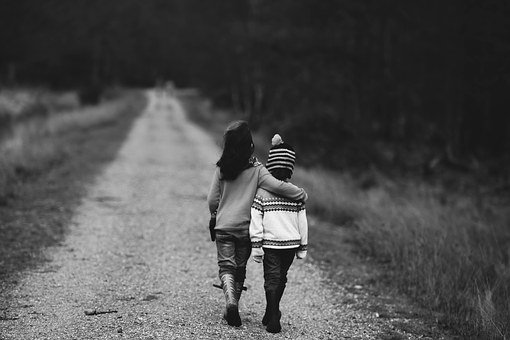Transitions can be difficult.
Years ago, when I was studying in the Counselor Education program at USC, I learned that when we are hit by too many changes in a short period of time our health can suffer.
Some of the most stressful changes are marriage, divorce, birth, death, a new job, and moving. Because I know about the health consequences of too much stress, I do my best to never make more than one major life change in a twelve-month period.
Of course, many events we experience in life, such as the current Pandemic, are entirely beyond our control.
Today Daveen and I visited one of our sons and his family. All of us were seated outside, ten feet apart, and there was no touching. In fact, Daveen is the only person I’ve touched in five months. That is different.
Today, also for the first time in five months, Daveen and I enjoyed a “take-out” lunch together under a temporary awning erected by the restaurant. There were no other diners within fifteen feet of us. We felt lucky to find a remote table where it was safe to enjoy brunch outside and we didn’t have to eat in our car.
The coronavirus requires not only a tremendous adjustment in the way we live, but also introduces a high level of uncertainty. When will the economy recover? What will work look like a year from now? Will we ever be able to hug each other freely again? No one knows. We can only guess.
The one emotion I can maintain, however, is my optimism.
Every day I appreciate the positive ways in which my life has changed for the better. I am eating healthier than ever. Most evenings I eat a delicious salad for dinner. I’m walking between six and seven thousand steps a day. I work from home much more than before, and I’m grateful to be a part of a creative and dedicated team at my office.
A recent study I read about in Science Daily demonstrates that even when people know they have only taken a placebo, it still has a powerful effect. Subjects felt better despite knowing that their treatment wasn’t real. Think about that. Where is your life if not in your head?
Of course, there are some patterns that we don’t change. I still write my blog Sunday evening. Most mornings I enjoy the same breakfast. And I still prefer not to talk on the phone.
Keep safe for another week.
Alan



